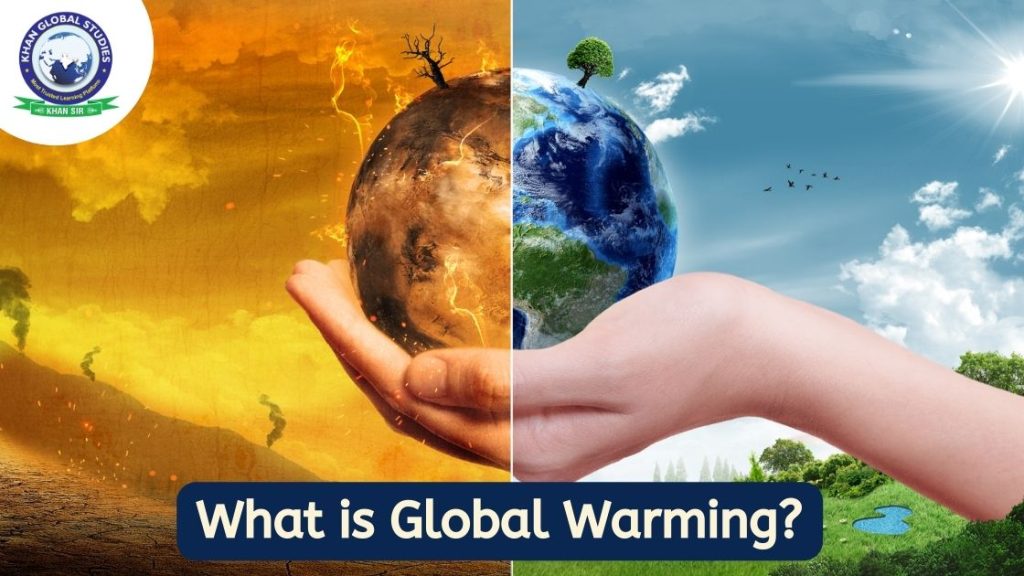
Global Warming i.e. Climate Change is related to changes in temperature and weather. The increase in the Earth’s average temperature due to the increase of greenhouse gases in the atmosphere is called global warming or climate change. The melting of glaciers and rising sea levels are also the effects of global warming. According to some research and reports, it has been seen in the last few years that the earth’s temperature has increased due to global warming.
What are the Causes of Global Warming?
The following are the reasons for global warming:
- Emission of Gases – Manufacturing and industry generate emissions. Like the manufacturing industry, mining and other industrial processes also release gases. Machines used in the manufacturing process often run on coal, oil, or gas; And some materials, such as plastics, are made from chemicals derived from fossil fuels. The climate is changing significantly due to greenhouse gas emissions.
- Deforestation – cutting down forests to make way for farms or pastures or other reasons causes emissions because when trees are cut, they release the carbon they have stored. According to the report, about 12 million hectares of forests are destroyed every year. Deforestation is responsible for about a quarter of global greenhouse gas emissions.
- Greater use of Transportation – Most cars, trucks, ships, and planes run on fossil fuels. This makes transportation a major source of greenhouse gases, especially carbon dioxide emissions. Emissions from ships and planes are continuously increasing.
- Emissions of gases in food manufacturing – The production of food involves emissions of greenhouse gases. Using energy from fossil fuels to power agricultural equipment or fishing boats. All this makes food production a major cause of climate change. Greenhouse gas emissions also come from food packaging and distribution.
- Electricity consumption – Residential and commercial buildings consume more than half of the electricity globally. These buildings use coal, oil, and natural gas for heating and cooling, causing significant amounts of greenhouse gas emissions.
What are the Effects of Global Warming?
Here are the effects of global warming:
- Disappearing glaciers, rapid snowmelt and severe drought will lead to water shortages and the risk of wildfires will continue to increase.
- Heat will increase and the past few years have seen more hot days and heat waves across all land areas.
- Climate change is changing the availability of water, leading to water shortages in more areas.
- Global warming is causing water scarcity in already water-scarce areas and increasing the risk of agricultural drought, affecting crops.
- The increasing heat due to global warming increases the risk of diseases and makes working outside difficult.
- Sea level rise will cause even more coastal flooding along the Eastern Seaboard and other areas such as the Gulf.
- Forests, farms and cities will face new pests that will put them at risk, causing heavy rains and increased flooding. All of these can harm or destroy agriculture and fisheries.
- Climate change may lead to the extinction of many plant and animal species, disrupting habitats such as coral reefs and alpine meadows.
- The increased growth of pollen-producing ragweed, higher levels of air pollution, and favourable conditions for the spread of pathogens and mosquitoes will increase the incidence of allergies, asthma, and infectious diseases.
FAQs
Question: What is Climate Change?
Answer: When there is a change in the average weather of a particular region it is called Climate Change or Global Warming.
Question: Why is India at risk from climate change?
Answer: Greenhouse Gas Emissions are continuously increasing in India and it has many disadvantages.
Question: How is the climate changing?
Answer: The climate is changing due to an increase in the amount of gases in the environment.


